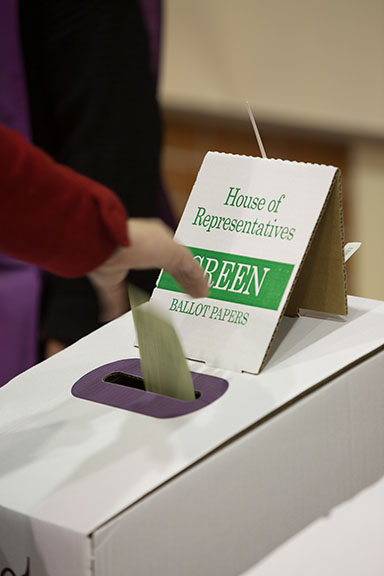Article
La Bbox seA lance dans la domotique – DegroupNews.com (France – French language)
My comments
If the marketplace for “triple-play” Internet service is so cut-throat, what can a telco, cable-TV firm or ISP offer to their loyal customers to increase service value? Could it be an Internet terminal like a T-Hub, or an Internet-connected device like an online picture frame or Internet radio?
No, it is another service that customers have previously bought through separate providers with names like Intamac or Chubb. This service is home automation and security, with monitored alarm systems and Internet-driven energy dashboards for residential users.
These solutions will typically link to servers or monitoring stations via the Internet link that the telecommunications company provides as part of the package. In some cases, there may be home-automation / security services that work “wholesale” and engage the telco or ISP as a reseller like they do with people like alarm installers. This is with the main goal of having these services available as an extra-cost a-la-carte option or as part of one or more premium communications service plans.
People in the security industry may discredit this move because of reasons like lack of “alarm-event response service” with security guards responding to alarm events, deployment of cheaper “quick-install” hardware rather than fully-installed systems, amongst other things. As well some of them may discredit single-box security/home-automation “panels” that can yield a single point of failure for both these functions.
The example cited in the DegroupNews news article is Bougyes Telecom providing a basic DIY system that links to their Bbox Internet gateway and uses a wireless link to the various peripherals.
This is available in two packages, with one focused on energy monitoring and remote control of appliances and the other focused on security, comfort and energy monitoring/ remote control. The first package, costing EUR€5 per month,would come with a home-automation “base”, a few plug-in appliance controllers and an electricity-meter interface which works with the newer smart meters being deployed in France. The second one, costing EUR€9 per month, has extra sensors for temperature and humidity, PIR motion detectors and a magnet-reed door-contact sensor; with the ability to send an SMS alert in case of alarm conditions.
The article described the provision of these services in a telecommunications package as “quintuple play” ï.e: fixed telephone, Internet, pay-TV, mobile telephone, home automation / security.
This effort of ISPs and telcos providing home automation could make the concept become mainstream and appealing to most householders. This is rather than the DIY “tinkerers” who have the time to mess around with these systems or rich people who own pimped-out “MTV Cribs” and have the money to have professionals design highly-customised home-automation systems.
For this to work effectively, the hardware and software infrastructure needs to work with known standards in order to permit these systems to be evolved through their long lifecycles. As well, these systems must work in a manner where they “just work” properly and exhibit graceful degradation to primary functionality when other systems in the network or key network links fail.
As well, a professioally-designed system must be able to be “re-worked” by other knowledgeable professionals or the householder. This is so that if anything happens with the regular or original installer, the system can be kept in good working order or evolved to newer needs.
I would think that the trend of telecommunications companies and Internet providers providing home automation and security services will become an interesting trend to observe.


